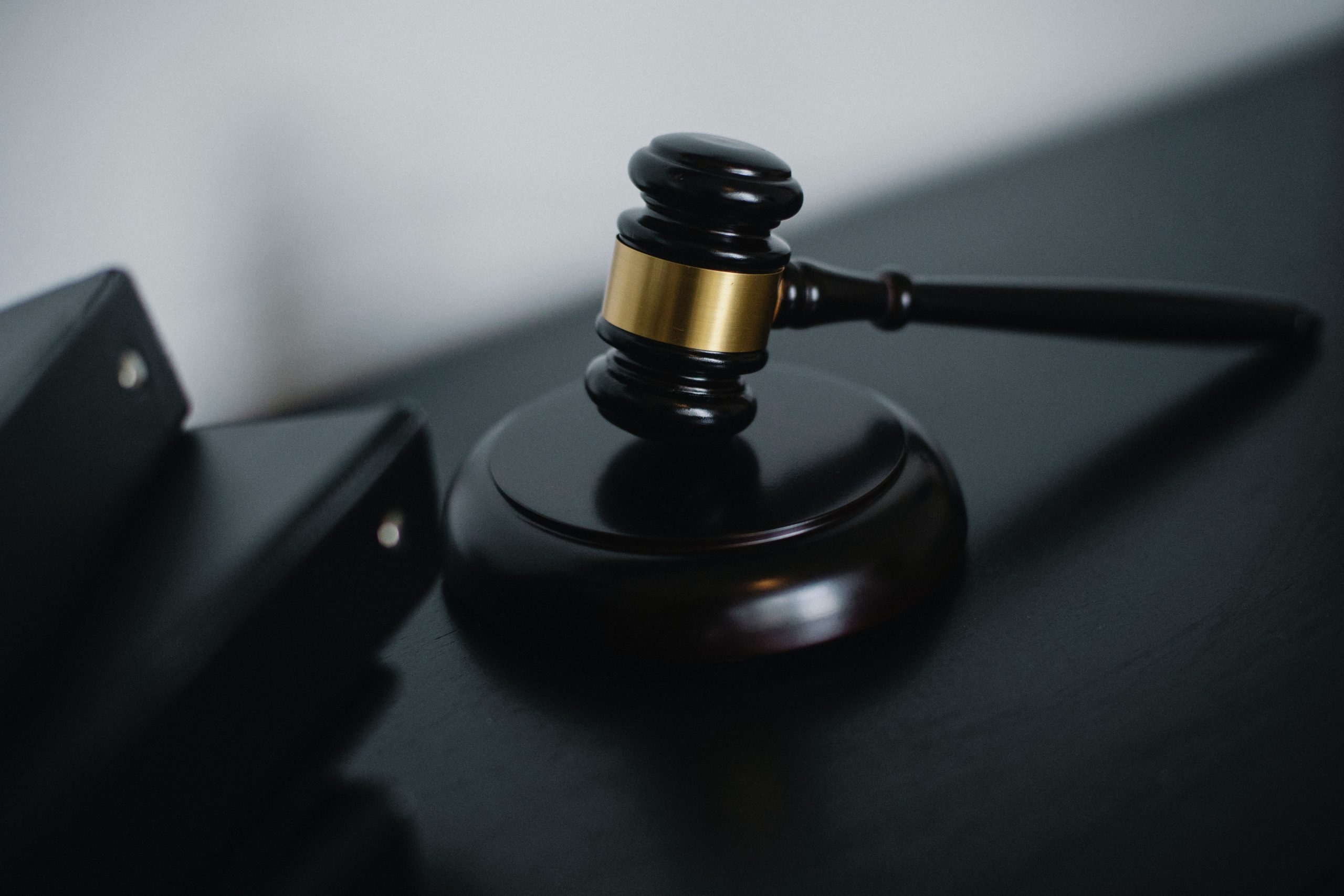Now Reading: What Damages are Available in a Personal Injury Case?
-
01
What Damages are Available in a Personal Injury Case?

What Damages are Available in a Personal Injury Case?
You’ve been injured in an accident, and now you’re wondering what all accident victims think about in the days and weeks after an accident. How will I pay my bills? In addition to not being able to go to work and earn a paycheck, you now have hospital bills, pharmacy bills, physical therapy bills, etc. You didn’t ask to be put in this situation, and you know it’s not right that you should have to suffer financially, as well as physically because someone else was careless. If you have been injured in an accident, you should contact a personal injury law firm to discuss your claim, but it might also be helpful to know what kinds of damages that you’re eligible for prior to talking to a lawyer.
Economic Damages
Before getting to intangible damages, let’s discuss the money that you’re out. Economic damages are the costs of anything that you can attach a price tag to. For instance, if you were transported to the hospital, you might have a bill for the emergency room visit, the ambulance, x-rays, bloodwork, service charges, and taxes. This hospital bill would be included in your economic damages. You could also be reimbursed for any follow-up appointments you have, specialists you may need to see, and more. In addition to medical bills, economic damages would cover your property damage and lost wages if you weren’t able to work.
Noneconomic Damages
Noneconomic damages are not as easily measurable. These include your pain and suffering, which is a catchall term for the physical pain, mental trauma, aggravation, grief caused by your accident. These damages can be quite extensive in severe accidents. For instance, if you lost a limb or one of your faculties, the alteration to your life may be extraordinarily dramatic. In wrongful death cases, noneconomic damages can include loss of consortium, which means that you’ve lost the relationship with your spouse or companion. It’s important to discuss noneconomic damages with a personal injury lawyer. They are familiar with the types of damages paid out in similar cases in your state.
Punitive Damages
Punitive damages are awarded by the court to punish the behavior of the defendant. Punitive damages aren’t awarded in most personal injury suits. If the jurisdiction does allow punitive damages, they are usually only awarded when the negligent party’s behavior was intentional and wanton.
What to do if You’re in an Accident
If you’ve been injured in an accident, there are a few things you can do to enhance the viability of your case. The following tips are not to be construed as legal advice. For legal advice in a personal injury case, contact a personal injury lawyer who handles your type of claim in your area.
- Go to a doctor or the hospital. This will establish a baseline for your injuries.
- Report the accident to the police. Even if it isn’t a vehicle accident, the police can complete an incident report.
- Take photos or videos of your injuries and the area where your accident occurred before it’s altered. If you were involved in a car accident, take a picture of the vehicle damage.
- Keep all medical receipts and bills.
- Contact a personal injury lawyer at your earliest convenience. Don’t make a statement to an insurer before speaking to an attorney.










